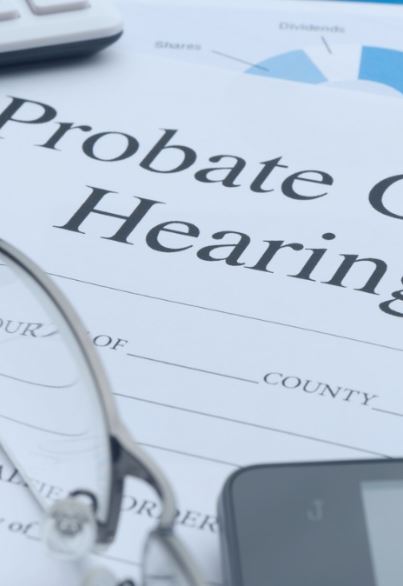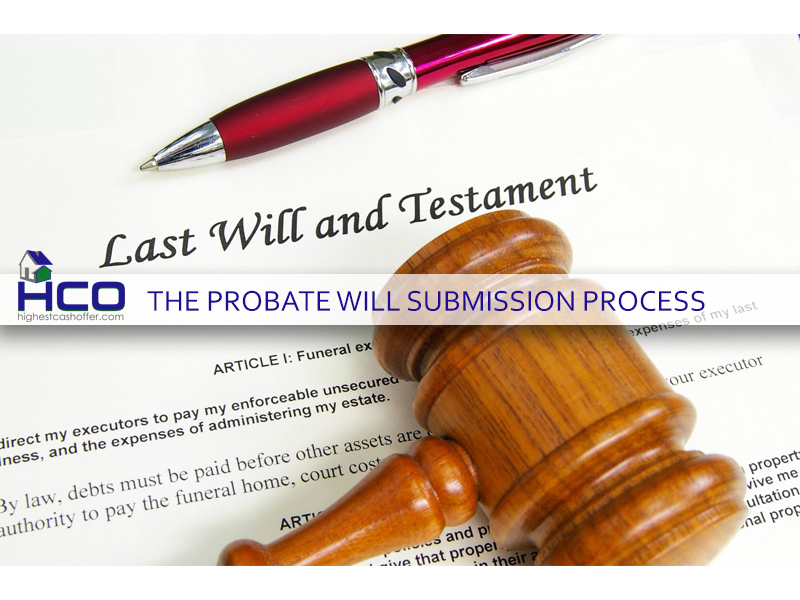The probate system is very complicated if your goal is to prove that the will you are submitting is valid and legal. The will is settling a deceased person’s affairs. This can be deciding what to do with a small business they owned, or which entity to grant money and property to. Also, for those who are inheriting something, they will has to determine how much of that something goes to each party.
Technically, any written statement made during the deceased person’s life regarding what they want done with their property could count as a will, but the best wills will have been made in a way that are transparent, witnessed by others, and perfectly worded. These handwritten wills are referred to as holographic wills and they are legal in about half the states in America.
Beware that the probate courts handling holographic wills may provide extra scrutiny on such wills. It is always smarter to have a professional assist you with making a will.
Getting Started…
If you’ve never handled the probate will submission process before, here’s where to begin:
Locate All of the Deceased Person’s Assets
 Before you begin assessing how to distribute assets, you must make sure you have found everything the deceased owned. This is not always easy to do. Depending on how the person’s affairs were ordered, it can take some digging up. Everything you can imagine will need to be found and collected: automobiles, homes, investments, businesses, art, jewelry, wine collections, locked safes, bank accounts, vacation properties in other countries, and more.
Before you begin assessing how to distribute assets, you must make sure you have found everything the deceased owned. This is not always easy to do. Depending on how the person’s affairs were ordered, it can take some digging up. Everything you can imagine will need to be found and collected: automobiles, homes, investments, businesses, art, jewelry, wine collections, locked safes, bank accounts, vacation properties in other countries, and more.
Executors of the estate can actually be held liable for any missing assets, so make this step priority number one!
Settle the Debts
You can pay off the estate’s remaining creditors with liquid assets of the deceased. To be most thorough, get a credit report and give every outstanding debt holder a copy of the death certificate. This notice of death will cause the creditor to send you the final bill.
Pay all accurate bills but be careful. If something does not look right, challenge it.
Settle All Insurance and Government Agency Matters
You absolutely must notify any insurance company the deceased person had a policy with of their death. Most will need you to give them a death certificate copy. If the person was married, the insurance company and social security must also be given information on the surviving spouse so they can get all that is coming to them directly from those entities.
Make the Submission to the Probate Court
 You must make a trip to your local courthouse and ask them for all the proper forms needed to get the probate process started. In most cases you will receive a kit that contains forms such as inventory, appraisal, and accounting. Make sure you fill these forms out as completely as possible.
You must make a trip to your local courthouse and ask them for all the proper forms needed to get the probate process started. In most cases you will receive a kit that contains forms such as inventory, appraisal, and accounting. Make sure you fill these forms out as completely as possible.
Once you have submitted this kit, you will get a date for probate court.
Death and Taxes…
You must now file the final tax return for the deceased. Do whatever you can to pay any money owed; use the liquid assets of the deceased or sell off some property to cover it.
Time to Transfer Assets
It is now time to start following the instructions of the will. All points of contention should be mentioned to the judge. Once everything is in order, distribute all assets to the designated recipients.
Make sure you document the distribution of the gifts. Challenges to the validity of the will can delay the probate process for months and even years.
An estate planning attorney can handle the pitfalls that may come your way during the probate process.
Highest Cash Offer Can Help!
If you are struggling with the probate or inherited home process, we have experts available to help. Our professionals know all the challenges that come along with inheriting a house and we can make you a CASH OFFER for the home you don’t want or need today. We can also get you the cash you need to pay off any outstanding debts from the deceased.
If you need help with probate or an inherited home, contact us right here and we’ll start the process right away!








 Highest Cash Offer is a real estate solutions company. Our team of experts specialize in assisting homeowners with a wide variety of solutions to any real estate problem. Whether we buy your house for cash or not, our goal is to help you get the desired outcome you deserve.
Highest Cash Offer is a real estate solutions company. Our team of experts specialize in assisting homeowners with a wide variety of solutions to any real estate problem. Whether we buy your house for cash or not, our goal is to help you get the desired outcome you deserve.